Instant Download Integrative Mental Health Certification Course: Harness the Power of Nutritional and Complementary Medicine to Support Your Client’s Whole Health
Check proof of content, now:
Integrative Mental Health Certification Course: Harness the Power of Nutritional and Complementary Medicine to Support Your Client’s Whole Health, see what’s included in this course:
Integrative Mental Health Certification Course: Harness the Power of Nutritional and Complementary Medicine to Support Your Client’s Whole Health, Free Download PDF Sample Below:
Overview this course
Integrative Mental Health Certification Course: Harness the Power of Nutritional and Complementary Medicine to Support Your Client’s Whole Health translates current evidence from nutritional psychiatry, lifestyle medicine, and mind–body therapies into clear, clinic-ready practices. Framed for licensed helpers, it connects diet quality, sleep, stress physiology, physical activity, and microbiome health with mood, anxiety, cognition, and energy. You’ll learn how to integrate complementary modalities alongside psychotherapy and conventional care—using ethical, culturally responsive guidelines and outcome tracking. For professionals seeking an integrative mental health certification online that is rigorous yet practical, this program offers a structured, stepwise approach.
Why should you choose this course?
-
Mechanism-driven, not trend-driven: Focuses on pathways like inflammation, oxidative stress, HPA-axis balance, insulin sensitivity, and the gut–brain axis to inform functional nutrition for mental health rather than fad protocols.
-
Clinical translation: Turns research into concise decision trees, intake checklists, and client-friendly psychoeducation for nutritional psychiatry training for therapists.
-
Safety and scope of practice: Clarifies red flags, drug–nutrient interactions, and referral criteria so you can collaborate confidently with prescribers and dietitians.
-
Culturally attuned care: Adapts dietary and lifestyle strategies to budget, culture, and access, strengthening engagement and adherence across settings.
-
Measurement-minded: Embeds brief scales and behavior metrics to demonstrate outcomes in holistic mental health continuing education contexts.
What You’ll Learn
-
Foundations of integrative mental health
Conceptual models linking lifestyle and neurobiology; shared language for explaining mechanisms to clients; principles for combining psychotherapy with complementary care in integrative behavioral health. -
Dietary patterns and mood
Evidence on whole-food Mediterranean-style patterns, fiber diversity, and omega-3s; practical meal-building and motivational interviewing for dietary interventions for anxiety and depression. -
Gut–brain axis essentials
Microbiome basics, short-chain fatty acids, and dysbiosis considerations; food-first strategies plus cautions around probiotics; client education scripts for gut–brain axis education for clinicians. -
Targeted supplements—when and how
Overview of commonly discussed nutrients (e.g., omega-3, B-complex, magnesium) with safety, dosing ranges from authoritative sources, and interaction warnings; documentation tips for evidence-based supplement protocols for anxiety and depression. -
Sleep, circadian health, and stress
Stimulus control, light timing, and relaxation skills; breath, HRV-oriented practices, and movement prescriptions for mind–body interventions for stress and sleep. -
Metabolic and cognitive support
Lifestyle strategies touching insulin sensitivity and cognitive resilience; bridging psychoeducation with behavior change plans relevant to lifestyle medicine for mental health professionals. -
Special considerations
Considerations across lifespan, perinatal mental health, and culturally preferred foods; equity-minded adaptations to reduce barriers in complementary and alternative medicine for mental health professionals. -
Ethics, scope, and collaboration
Informed consent, documentation, and interprofessional referrals; how to communicate clearly with physicians, RDs, and psychiatrists in collaborative care for integrative psychiatry. -
Practical toolkits
Intakes, brief nutrition screeners, sleep logs, SMART goals, and progress dashboards that support a client-centered integrative mental health treatment plan.
Who Should Take This Course?
-
Psychologists, counselors, MFTs, LCSWs seeking a concise, research-aligned pathway to integrate food, sleep, stress, and movement with therapy—an integrative mental health course for therapists.
-
Psychiatrists and PMHNPs wanting a shared framework for nutrition and complementary care to enhance medication and psychotherapy alignment.
-
Health coaches and allied professionals (e.g., OTs, nurses) building whole-person mental health coaching with lifestyle medicine.
-
School and university counselors addressing sleep, stress, and nutrition with developmentally sensitive tools for students.
-
Program leaders and supervisors standardizing language, safety protocols, and outcome tracking for integrative care pathways.
Conclusion
Integrative Mental Health Certification Course: Harness the Power of Nutritional and Complementary Medicine to Support Your Client’s Whole Health equips clinicians with a coherent, safety-forward framework that translates research on diet, sleep, stress, movement, and the gut–brain axis into ethically grounded, measurable care. By pairing clear psychoeducation with practical toolkits, it helps you implement culturally responsive, evidence-informed strategies that complement psychotherapy, strengthen collaboration with medical and nutrition colleagues, and improve client engagement and outcomes.
Call to Action
Elevate your practice with a clinically grounded, whole-person toolkit—enroll today.

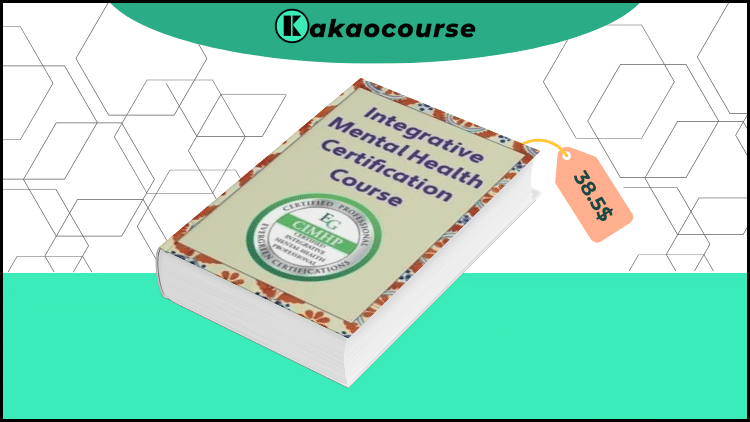
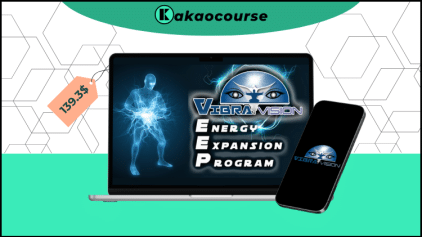

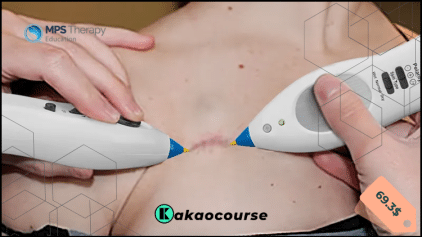
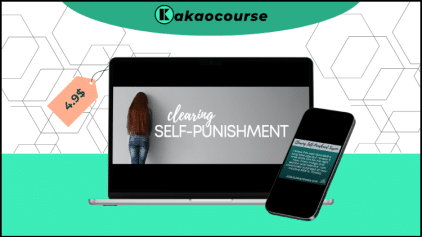
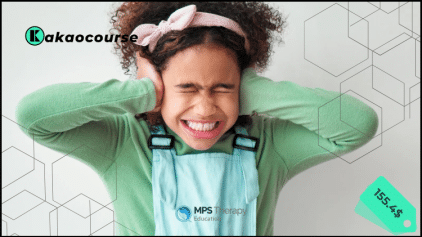



Reviews
There are no reviews yet.